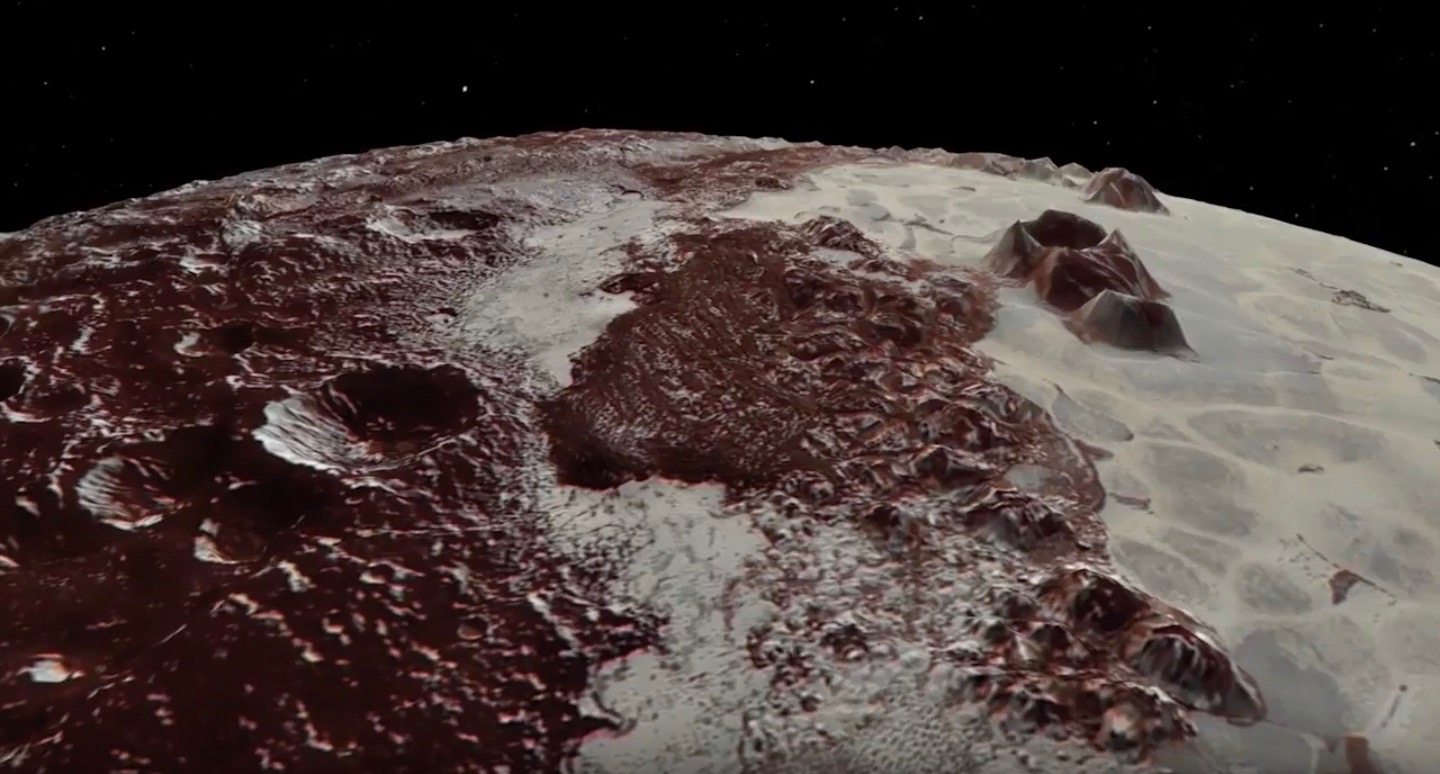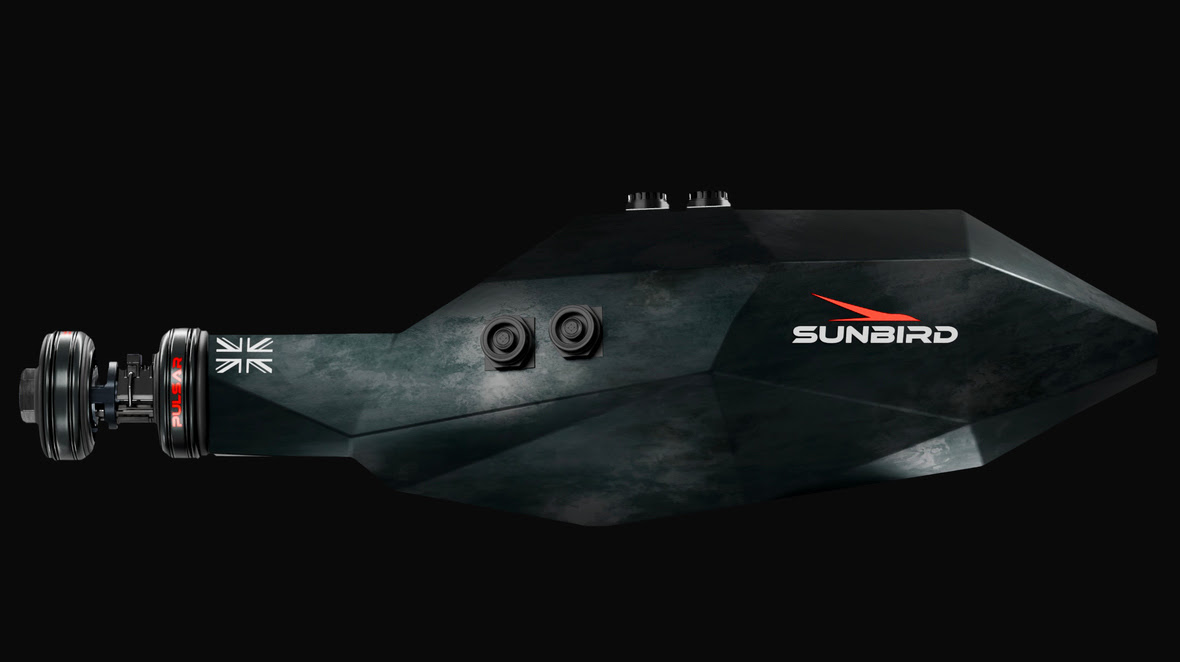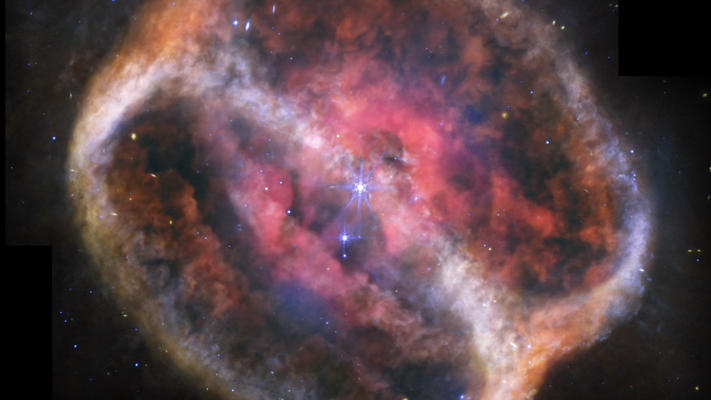Soar Over Pluto and Charon in Dazzling New Horizons Anniversary Videos
You can relive New Horizons' epic Pluto flyby, thanks to two amazing videos NASA released Friday (July 14), the two-year anniversary of the landmark event.
Both videos put the viewer aboard New Horizons on July 14, 2015, when the robotic probe zoomed within 7,800 miles (12,550 kilometers) of Pluto and captured history's first up-close images of the dwarf planet system.
One video focuses on Pluto itself, beginning above the craggy highlands southwest of the 620-mile-wide (1,000 kilometers) nitrogen-ice plain known as Sputnik Planitia — the western half of Pluto's famous "heart."
"The viewer first passes over the western margin of Sputnik, where it borders the dark, cratered terrain of Cthulhu Macula, with the blocky mountain ranges located within the plains seen on the right," NASA officials wrote in a video description. "The tour moves north past the rugged and fractured highlands of Voyager Terra and then turns southward over Pioneer Terra — which exhibits deep and wide pits — before concluding over the bladed terrain of Tartarus Dorsa in the far east of the encounter hemisphere."
The other video gives a flyover look at 750-mile-wide (1,200 km) Charon, the largest of Pluto's five moons. (Pluto and Charon actually constitute a binary system, because the two bodies' center of mass lies in space, slightly outside of Pluto.)
Charon is a remarkable world in its own right, sporting an odd red cap and an enormous canyon called Serenity Chasma, which is more than 1,000 miles (1,600 km) long and, in places, twice as deep as Arizona's famous Grand Canyon, New Horizons team members have said.

A caveat: The newly released videos don't show exactly what a human visitor to the Pluto system would see. In both of them, topographic relief has been exaggerated by two to three times, and surface colors have been enhanced, to highlight topography and detail, NASA officials said.
Get the Space.com Newsletter
Breaking space news, the latest updates on rocket launches, skywatching events and more!
Though New Horizons is now two years removed from the historic Pluto encounter, the probe's work isn't done: It's currently zooming toward a second close encounter on Jan. 1, 2019. On that date, New Horizons will cruise past a small object called 2014 MU69, which lies about 1 billion miles (1.6 billion km) beyond Pluto.
Follow Mike Wall on Twitter @michaeldwall and Google+. Follow us @Spacedotcom, Facebook or Google+. Originally published on Space.com.
Join our Space Forums to keep talking space on the latest missions, night sky and more! And if you have a news tip, correction or comment, let us know at: community@space.com.

Michael Wall is a Senior Space Writer with Space.com and joined the team in 2010. He primarily covers exoplanets, spaceflight and military space, but has been known to dabble in the space art beat. His book about the search for alien life, "Out There," was published on Nov. 13, 2018. Before becoming a science writer, Michael worked as a herpetologist and wildlife biologist. He has a Ph.D. in evolutionary biology from the University of Sydney, Australia, a bachelor's degree from the University of Arizona, and a graduate certificate in science writing from the University of California, Santa Cruz. To find out what his latest project is, you can follow Michael on Twitter.









